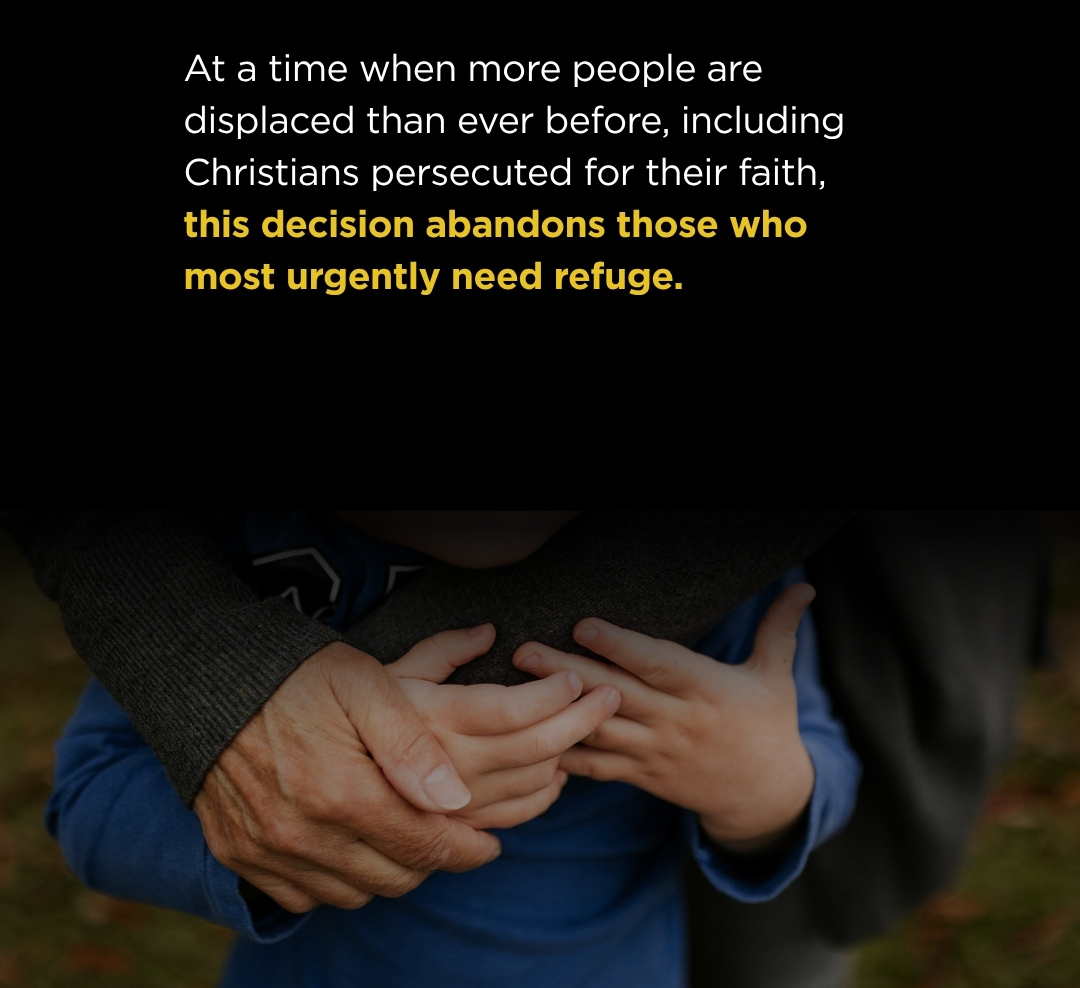On August 2nd, Arrive Ministries hosted a seminar called “Welcoming the Stranger.” More than 350 people heard a message of compassion and justice for immigrants and refugees shared by Matthew Soerens, co-author of “Welcoming the Stranger.”
Who is my neighbor?
When Jesus was asked “Who are my neighbors?” Jesus tells the story of the Good Samaritan. Jesus’ answer is still instructing the American Church on how we should respond to foreigners.
In today’s culture, when answering who are our neighbors, Soerens teaches us that the Bible instructs us to love and have compassion on refugees, immigrants and asylum seekers.
[pullquote style=”left” quote=”dark”]The Samaritan is the model of neighborly love.[/pullquote]”In Jewish culture, the Samaritans were heretics. They were ethnically different. They were pretty well despised by most people around Jesus. But in Luke 10 and in other cases throughout the Gospel, Jesus’ response to Samaritans is counter-cultural,” explained Soerens.
In this parable, the Samaritan is the model of neighborly love. Contrary to the priest and Levite, who walked past the beaten man laying on the other side of the road; the Samaritan sees this person in need, has compassion on him, and puts himself at risk to help.
“I think that’s an important point, it’s easy to criticize the priest and the Levite, right? But what would any one of us teach our children to do on a dangerous road? Don’t linger, keep your face down and keep walking. It’s prudent from a human perspective to be like the priest or Levite and not stop on the side of the road to Jericho. But those aren’t the people who Jesus chooses to elevate as the model of what it means to love your neighbor, and we are called to do likewise,” said Soerens.
“Even if it’s costly, risky, or there’s the potential for danger, we are called to love our neighbor; there’s no caveat here. And that neighbor whom we’re called to love could be just about anyone, we can’t narrowly define it as someone of our own ethnicity or language or religion.”
Effective Vetting Diminishes Risk
Soerens went on to explain that Americans have no reason to fear the resettlement of refugees due to our extensive and thorough vetting system.
“When refugees come to the United States, there actually isn’t much risk. The reality is refugees who are admitted through the U.S. refugee resettlement program already undergo the most thorough vetting process of any visitor or immigrant who enters the United States every year. It’s a process which last between 18 months and 3 years, and it’s a process that’s working really well,” said Soerens.
Since 1980, 3 million refugees have come to America.
[pullquote style=”left” quote=”dark”]When refugees come to the United States, there actually isn’t much risk.[/pullquote]
“Zero of these refugees have taken an American life with a terrorist attack. That’s a remarkable record that suggests a high level of effectiveness in vetting, making sure we’re bringing in the right people, the victims of persecution and terrorism, and not the wrong people, the persecutors,” said Soerens.
American Church Welcoming Refugees, Making a Difference
Soerens also credits the American Church with being instrumental in helping resettle refugees safely. [pullquote style=”right” quote=”dark”]The least likely people to be radicalized are people who are not marginalized, but who are welcomed, and integrated into the fabric of a community[/pullquote]He points to Arrive Ministries and other agencies across the country that pairs local church teams with newly arriving refugee families by greeting them at the airport, befriending them, and welcoming them into their new country.
“The least likely people to be radicalized are people who are not marginalized, but who are welcomed, and integrated into the fabric of a community,” said Soerens.
The Kato Institute found that the odds of the average American being killed by a refugee turned terrorist are 1 in 3.6 billion.
“If, as followers of Jesus in this country, we’re not willing to sacrifice 1/3.6 billionth of our security for the ending of human suffering and for the great commission opportunity that the refugee resettlement program represents. Frankly that troubles me about the state of the American Church,” said Soerens.
For more information on how your church can practically respond to the nations at our doorsteps, contact Arrive Ministries.





